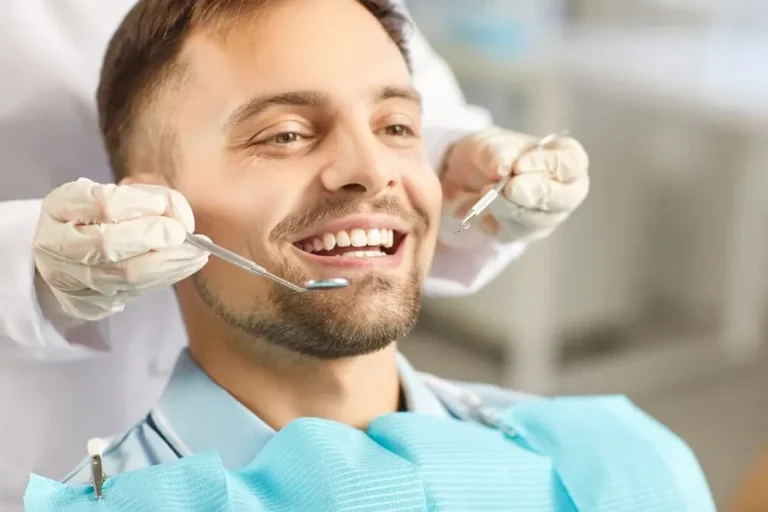Preventive care stands as the foundation of general dentistry. It plays a key role in keeping your mouth healthy and reducing the need for more complicated procedures. By focusing on regular check-ups and cleanings, you can often catch small issues before they become big problems. This approach not only saves pain and time but also prevents stress. At Redmond family and cosmetic dentistry, we understand the importance of maintaining oral health through consistent preventive care. You will find that preventive care includes simple actions like brushing, flossing, and routine dental visits. These actions ensure that your smile stays bright and healthy. In turn, you minimize the risk of cavities, gum disease, and costly treatments. Regular prevention empowers you to take control of your oral health with confidence. Begin your journey towards a healthy mouth today by valuing the importance of preventive care. Your future self will thank you.
The Basics of Preventive Care
Preventive dental care involves everyday habits and regular dental visits. Brushing twice a day with fluoride toothpaste and flossing daily removes plaque. Plaque can lead to cavities and gum disease if not controlled. Consistent care at home is crucial. Furthermore, regular dental visits help your dentist catch potential problems early. According to the Centers for Disease Control and Prevention (CDC), early detection of issues like tooth decay or gum disease can lead to simpler and less costly treatments.
Why Regular Check-Ups Matter
Regular dental check-ups are more than just cleanings. During these visits, your dentist examines your mouth for signs of trouble. This can include inspecting for oral cancer, gum inflammation, or unusual growths. These appointments also allow for professional cleaning to remove tartar that brushing and flossing can’t handle. According to the American Dental Association (ADA), professional cleanings are critical in maintaining oral health and preventing the progression of periodontal disease.
Benefits of Preventive Care
- Prevents tooth decay and gum disease
- Reduces the likelihood of needing more complex procedures
- Maintains a healthy, bright smile
- Detects oral health issues early
- Saves money with less need for costly treatments
Preventive Care Versus Reactive Care
Understanding the difference between preventive and reactive care highlights why prevention is key. In reactive care, treatment is provided after problems occur. This often involves more extensive and expensive procedures. In contrast, preventive care aims to stop problems before they start. Consider the table below for a clear comparison.
| Preventive Care | Reactive Care |
|---|---|
| Regular check-ups and cleanings | Emergency appointments |
| Early detection of potential issues | Treatment of developed problems |
| Cost-effective | Often costly and extensive |
Steps You Can Take Today
Start by scheduling your next dental check-up. During your visit, discuss any concerns you have and ask for tips tailored to your oral health. At home, ensure you brush and floss daily. Consider using a mouth rinse to add an extra layer of protection against bacteria. Stay hydrated to help maintain saliva flow, which naturally cleans your mouth. Reduce sugary snacks that can lead to decay. These steps contribute to a healthier mouth and a brighter smile.
The Long-Term Impact
Investing in preventive care today leads to significant benefits down the road. A healthy mouth supports overall health and enhances quality of life. You enjoy fewer dental visits over time, reduced stress, and confidence in sharing your smile. By prioritizing preventive care in your routine, you lay the groundwork for a future of optimal oral health.
Taking action now makes a big difference. Embrace preventive care, and you will likely see positive changes in your dental health. A commitment to prevention is a commitment to yourself.

